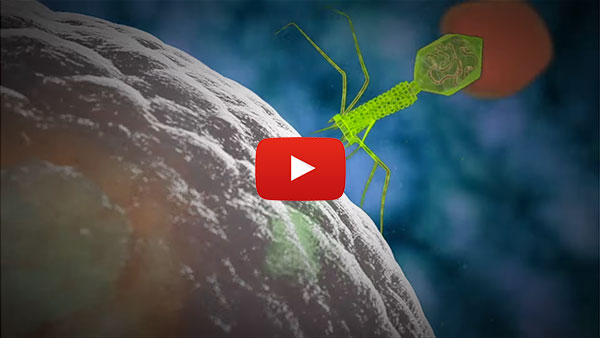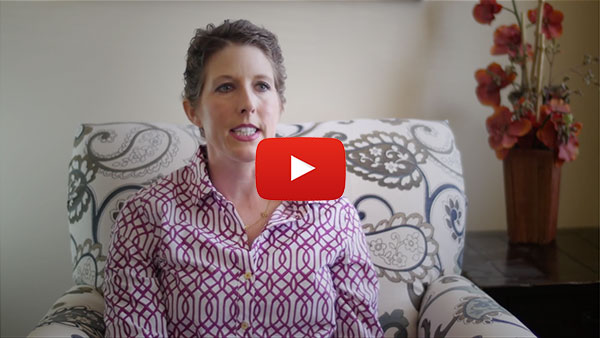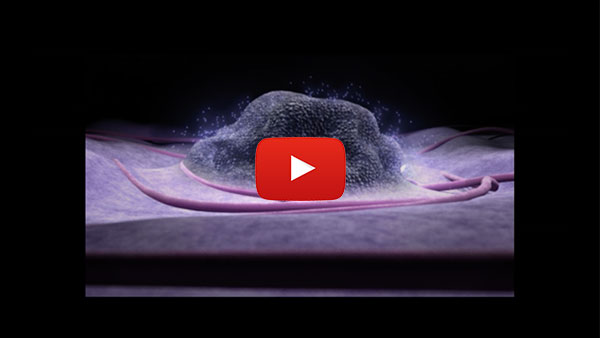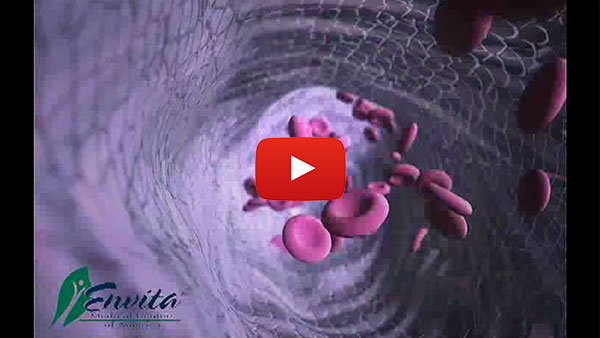Why Is Immunotherapy So Important to Cancer?

What you don't know can harm you and the major role the immune system plays in the fight against cancer is not common knowledge. For many years, conventional oncologists have completely ignored the immune system for the treatment of most cancers, preferring to singularly focus on prescribing chemotherapy. Boosting the body's own natural defenses or using customized combination of both (chemo-immunotherapy) is proving to be the way forward.
A simple Google search for Natural Killer cells or Dendritic Cells and virtually any cancer type will bring up numerous studies stating the importance of these cell types in fighting cancer. In fact, we can say from extensive experience that most patients with weakened immunity do not respond as well to any other cancer treatments because of that compromised or weak immune state that they possess.
Bringing You Up to Speed in the Immunotherapy World
Many clinical trials are currently in progress with combinations tested to show an impact on survival. Unfortunately, the practice still isn't common. According to the Cancer Research Institute, "Only two active immunotherapies have been approved for cancer, meaning that hundreds of other new and promising cancer immunotherapy treatments are only available to patients in clinical trials … Only 2% to 3% percent of cancer patients who are eligible for clinical trials participate; this slows the clinical development process significantly, and means that more than 95% of cancer patients may be missing out on potentially life-saving new treatments." [1]
The other problem with clinical trials is they're restricted to only certain cancer types and stages of the disease, not to mention that the use of other cancer treatments and modalities is often discouraged. Our experience tells us that the combinations of targeted treatments is what actually gives patients the advantage. The sooner the correct combinations are used, the better.
Since 2006, our team has made the immune system one of our primary focuses with the development of a customized natural killer cell vaccine. Interestingly, many conventional oncological medical practices are now starting to catch up, but their methodology for immunotherapy, if present at all, is still far behind. They're using either untargeted immunotherapy or older technology. Not to mention that there are no decent cancer-related immunotherapy options at present. However, our team has been changing that for our patients.
Natural Killer Cell vaccines are not at all common, despite the fact many researchers believe it to be the most important immune cell type in the body. It is the actual cell responsible for killing cancer cells, so naturally, we find depressed NK cell number and activity in almost every cancer patient we see. The number and poor function of these cells seems to follow the advanced stage of the disease. These cells are important because they normally kill tumors independently of chemotherapy. Meaning, unlike chemotherapy drugs, a targeted immune system can think and change to adapted to cancers various stealth survival modes.
Let's look at how the immune system interacts with cancer and why immunotherapy is critical to cancer treatment.
What is Immunotherapy?
Immunotherapy is defined as the "treatment of disease by inducing, enhancing, or suppressing an immune response," using immunomodulators, particularly cellular signaling molecules like cytokines. Some immunotherapies activate the immune system, while others suppress it, depending on the situation.
In cancer immunotherapy, the aim is to build the immune system to fight tumors and prevent metastasis, or the spread of cancer. In the 1980's, the National Health Institute published an article detailing their combination of immuno cell therapy with specific chemotherapy regimens. They stated that this combo would be the future of cancer immunotherapy.
Is that future here? Only two therapies have been approved? Get set for that to change and quickly – US bank Citigroup has predicted that cancer immunotherapy drugs will soon be a $35 billion dollar industry within the next ten years. [2]
"A couple of years ago the big story was that immunotherapy can work," Jedd Wolchok, director of immunotherapy at the Ludwig Center at Memorial Sloan-Kettering Cancer Center told Bloomberg. "Now immunotherapy has entered the mainstream." [3]
That being said, when immunotherapy is combined with chemotherapy, especially targeted chemotherapy designed specifically to aid against a specific type of cancer, we have noticed patients fight back stronger, lengthen their lives and overall, improve the quality of their lives. Let's learn more about how that works.
Immunotherapy and Cancer Stem Cells and Metastasis
You might have heard of stem cells in the media, those highly misunderstood cells that can divide into almost any type of cell. There are embryonic and adult stem cells, but there are also cancer stem cells.
You mean, cancer has the ability to grow and divide uncontrollably? Yes. This is an important aspect of metastasis (cancer spread) and relapse, as these stubborn cancer stem cells can give rise to new tumors and learn to resist all chemotherapy. Immunotherapy has the potential to eliminate the cancer stem cell bringing about a greater chance for survival and quality of life.
The anatomy of a tumor shows us that cancer is not simply a ball of mutated cells, but in fact various cells that each need to be killed successfully for a patient to reach full remission. As cancer cells mutate and change, the immune system also has the ability to change and adapt to the cancer, when targeted correctly. When you review cancer in detail, most patients die of metastasis. Immunotherapy may in fact be the best treatment for scattered micro metastatic disease.
One other point to mention is that various doctors call various treatments immunotherapy. Some alternative physicians may suggest that supplements are immunotherapy or an intravenous vitamin C dose is immunotherapy, but although those treatments may be helpful, we are speaking of targeted customized autologous immune cells used to target cancer.
The Autologous Adoptive Immunotherapy (AAIT) Difference
Although yet to be approved by the FDA, AAIT may in fact be an innovative new strategy for boosting the immune system's fight against cancer using the patients very own cells. The way it works is, extracting natural killer cells from the patient, then breeding them to destroy the specific cancer they are fighting and reinstating the cells. In essence, AAIT is akin to an immune system transplant. This targeted, personalized treatment involves detailed laboratory work and customization for each patient. We cannot make any specific claims for our method, but we have seen some exciting clinical results. We believe that immunotherapy as part of comprehensive treatment plan will be a fantastic way forward for cancer patients.
Let's Review - Why is Cancer Immunotherapy So Important?
- Reduce resistance of chemotherapy agents.
- Provide an independent killer of cancer cells other than chemotherapy.
- Impact the difficult to kill cancer stem cells, that may bring about uncontrolled growth of cancer cells.
- Fight micro-diseases and metastases, both dormant and active.
- Speed recovery and overall outcomes for patients.
The best part about these treatments is they are helpful for most, if not all cancers. If you have questions about your specific cancer, to learn more or answer any questions, please feel free to contact us today.





















